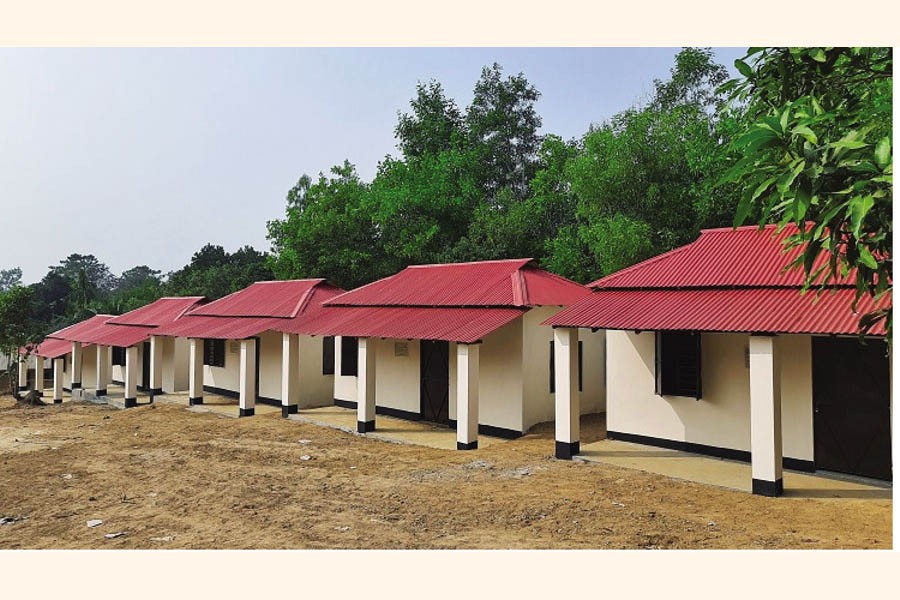Positive satire and sarcasm have crucial roles in improving decision making and social detractors. As in the case with all criticism, there has to be a positive outcome. Just as important is the ability to take the outcome positively as opposed to either lambasting or worse, ignoring it.
There was much to be taken out of a recent social media post where a poet suggested that writers, artistes and those connected with creative arts be trained abroad. This, in line with the media exposed training proposals for government officials in 'khichuri cooking and distribution', cattle rearing, pond excavation and fish farming. The satirists in this case should have been satisfied that the scrutinising body raised and sent the proposals back for review. Spokespersons did try to explain at least one of these to the media, lame as it came across.
At the policy level, development projects approved by the ECNEC contain estimated costs, time-lines for implementation and the benefits to the general public. These costs are then factored in to the budget provisions for each fiscal. So when many are sent back, many times for approval of cost inflation and time-frame extensions it brings to question the initial scrutiny process. The Prime Minister has expressed her disappointment at such proposals directing proper scrutiny and review. Perhaps this stemmed from the aspect of the delay in providing the benefits to people and the impact on budgets.
Visionary leadership provides direction. In Bangladesh's history the semi-pucca homes being built and ownership of the land provided for the homeless, hapless, landless is both a salutary first. It comes on the back of the condominiums being provided for limited income persons in cities and those being built to rehabilitate slum-dwellers and day-labourers. The vision was that of providing a stable roof over family heads. It was up to the implementing bodies to work on the obvious supplements to such initiatives namely, health, education and livelihoods. These homes will require periodic repair and maintenance and there will be bills to pay.
This is where the role of urban, city and rural planners comes to the fore tied up with the relevant utility and service providers. In all areas there will be requirements for schools, health facilities, shops and access to transportation. The 350 modern masjid complexes are hopefully within reach of these families not just for prayers but also utilisation of the madrashas, libraries and cultural zones. One also has to consider the needs of those from other religious persuasions. The list goes on. Whether such consultations have happened is as yet unknown. That the urban planners' recommendation on habitable cities hasn't been given much importance is evident from the unplanned growth and unliveability. As expansion happens, as rural areas are developed, planners have a vital input that should no longer be overlooked. Bio-diversity and agricultural specialists must be consulted so that development doesn't eat away at arable land. In the future there will be more mouths to feed.
When the Bangabandhu Bridge was built over the Jamuna river, there were great expectations that the northern region would grow. Whether such growth has happened in terms of development and industrialisation hasn't been revealed widely in terms of economic or other considerations including employment. As the massive Padma Bridge progresses with both gas and rail connectivity, the expected economic and social benefits too have not been made clear. Some sections of the media are already getting it wrong. The statement that 10 million people will have access to gas is blatantly wrong. Future home connections of gas have been stopped. Gas will be provided to factories and industries and economic zones.
The government machinery in tandem with local administration have to be upfront about the broader benefits beyond connectivity that the southern region will get. Entrepreneurs must also be asked about how they plan to branch out taking advantage of the tax holidays. Strengthening and decentralising the administration is no longer on the wish-list. Decision making closer to the people has double benefits. It's cost-effective and people friendly.


